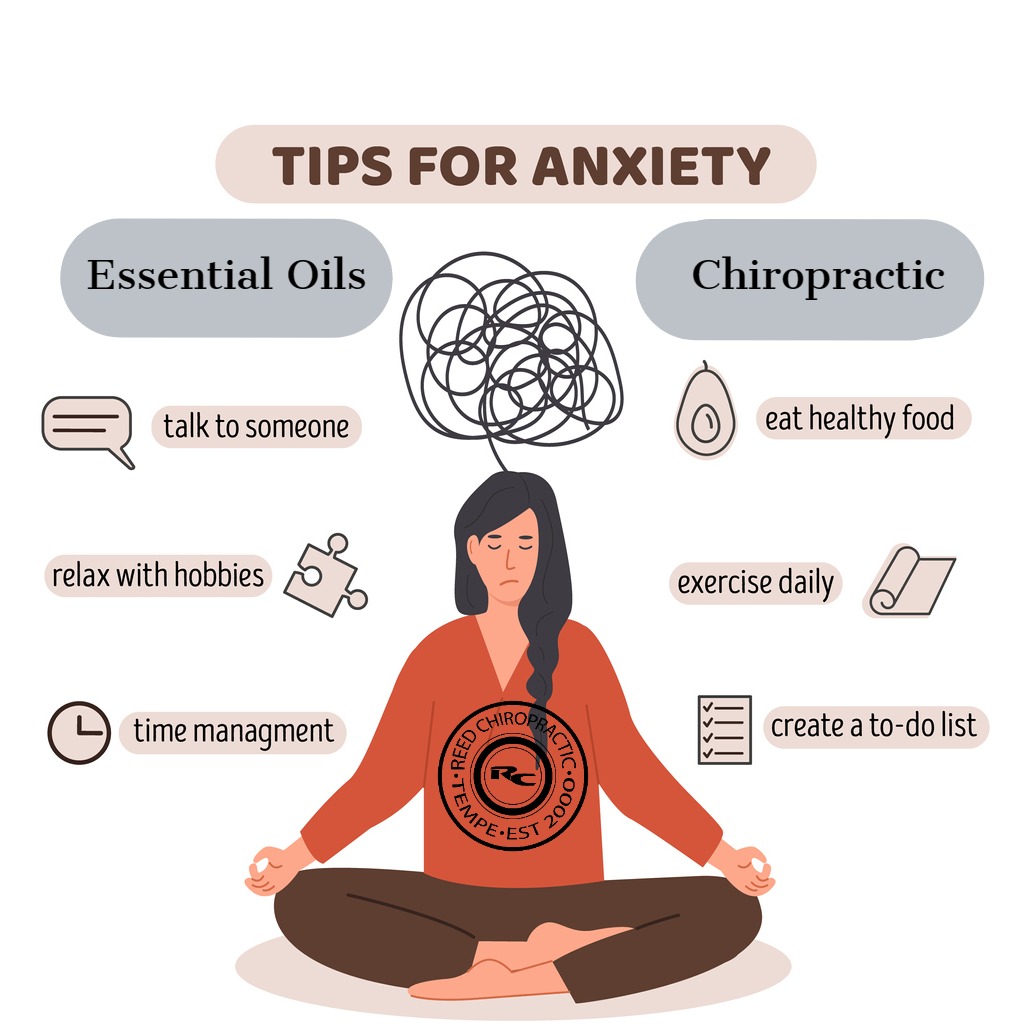
Can weather make you hurt
The question of this winter season is “Can Weather Make You Hurt?” If you have a bet with relatives on this one, hopefully your answer is ‘yes,’ because indeed, the weather does cause people pain.
Luckily, the reasoning for this is not as mysterious as it seems since scientists have studied this concern extensively. It’s been determined that both barometric pressure and temperature cause bodily changes, which can be anywhere from uncomfortable to painful for folks.
As a result, the following Reed Chiropractic blog will highlight this seasonal condition and how it can be combated through lifestyle changes.
Why does weather cause us to hurt?
One of the causes of pain from the weather is a change in barometric pressure. According to many arthritis and pain doctors, As the air expands it also cools. Since warmer air holds more water vapor than cooler air, as the air temperature drops the air condenses, leading to rain or storms. When a meteorologist predicts falling barometric pressure it suggests rain is moving into the area.
Therefore, the barometric pressure falling in the atmosphere directly correlates with pain and inflammation (or swelling). The barometric pressure is our atmosphere, also known as atmospheric pressure; and meteorologists determine the barometric pressure at sea-level to measure the pressure changes.
Notably, the stable measurement of pressure is at 760 millimeters of mercury. Anything outside of this amount would signify atmospheric pressure changes. Mostly, drops in barometric pressure are associated with discomfort and complaints from patients and research participants.
Where does weather hurt in the body?
Considering this, drops in pressure show affect on joints. Studies done on knee osteoarthritis and other arthritic conditions, show affects from both temperature and atmospheric pressure. In addition to pressure changes, cooler temperatures commonly prompt pain, independent of pressure or atmospheric changes.
It’s most common to feel the effects of atmosphere changes in the joint areas of the body. However, there’s also a connection with sinus pain and severity in headaches. Anecdotal research and patient complaints have noted that migraines are also more common during low pressure weather.
So, does weather make you hurt?
Yes, it can, but it doesn’t affect everyone and the effects can be different from person to person. Also, it manifests differently through headaches and/or joint pain, but either way it’s not fun and leads people to seek relief. Next, we’ll discuss options for combating the pain and discomfort from weather changes.
What can you do to ease the hurt?
Fortunately, there are options for feeling better! However, one option we do not recommend is prescription opioid medication. The current statistics will also speaks to this option, By 2017, there were 1.7 million who suffered from a substance abuse problem related to a prescription opioid painkiller…
Indeed, patients seeking relief have been copiously directed towards painkillers for their pain. Unfortunately, it has resulted in multiple issues in society and a lack of confidence in conventional medication.
For this reason, Reed Chiropractic recommends alternative pain relief options which are in line with the current recommendations of leading doctors in the field of pain management.
Recommendations:
- Magnesium supplements or magnesium rich foods have shown improvement in providing needed nutrients which influence healthy neurotransmissions in the body.
- Exercising and posture correcting strategies can strengthen the core body muscles and sitting properly can help reduce underlying joint conditions.
- Regular chiropractic adjustments can ensure there are no blockages or subluxations in your spinal nerves creating aches and pains.
- Acupuncture is known to release endorphins for pain relief and release inflammation for swelling.
- Emotional Freedom Technique (EFT) works on the same principles as acupuncture, but can be done in personal environments like home or work.
- Reduce Inflammation by reducing or eliminating sugar and carbohydrates, as these trigger inflammation.
- Heal your gut by eating fermented foods and practicing intermittent fasting.
- Boost your production of melatonin using good sleep hygiene. This helps support your mitochondria and reduces inflammation.
- Consider using essential oils or turmeric to help reduce inflammation and treat pain.
Wrapping up Can Weather Make You Hurt?
Wrapping up, it’s safe to say that weather contributes to pain for many people, and the pain varies from person to person. Fortunately, there are many options to consider when treating the pain associated with weather. However, it is important to note that conventional medicines may not be the best course of action.
Regardless of use of medicines or alternative therapies, it is always important to discuss questions and concerns with a qualified healthcare professional. Your doctor can advise on the right therapies for your situation, likely employing one or more of the options listed above.
Most importantly it is important to remember that pain is your body’s way of communicating something is wrong. Your body uses pain as a signal to be aware of a concern happening, it’s a much safer option to address the problem rather than seek to just mask or numb it.
“It’s Easier to Stay Well than to Get Well!”
Reed Chiropractic
250 West Baseline Road, Suite 107
Tempe, Arizona 85283










